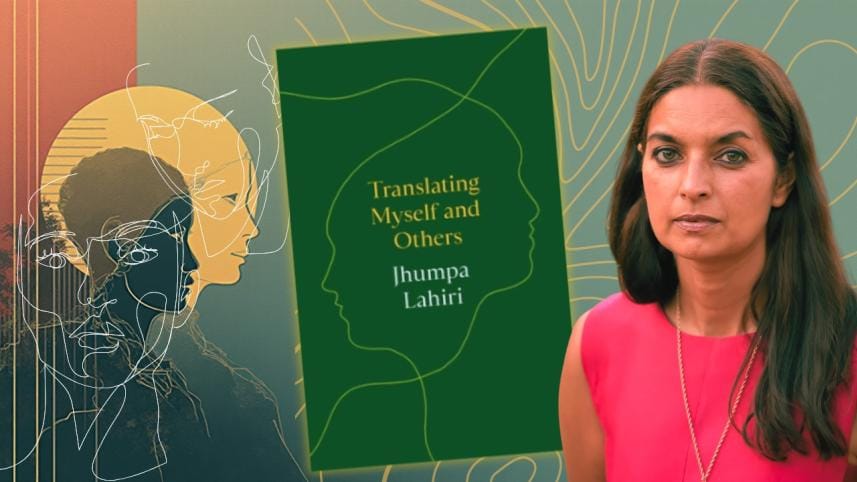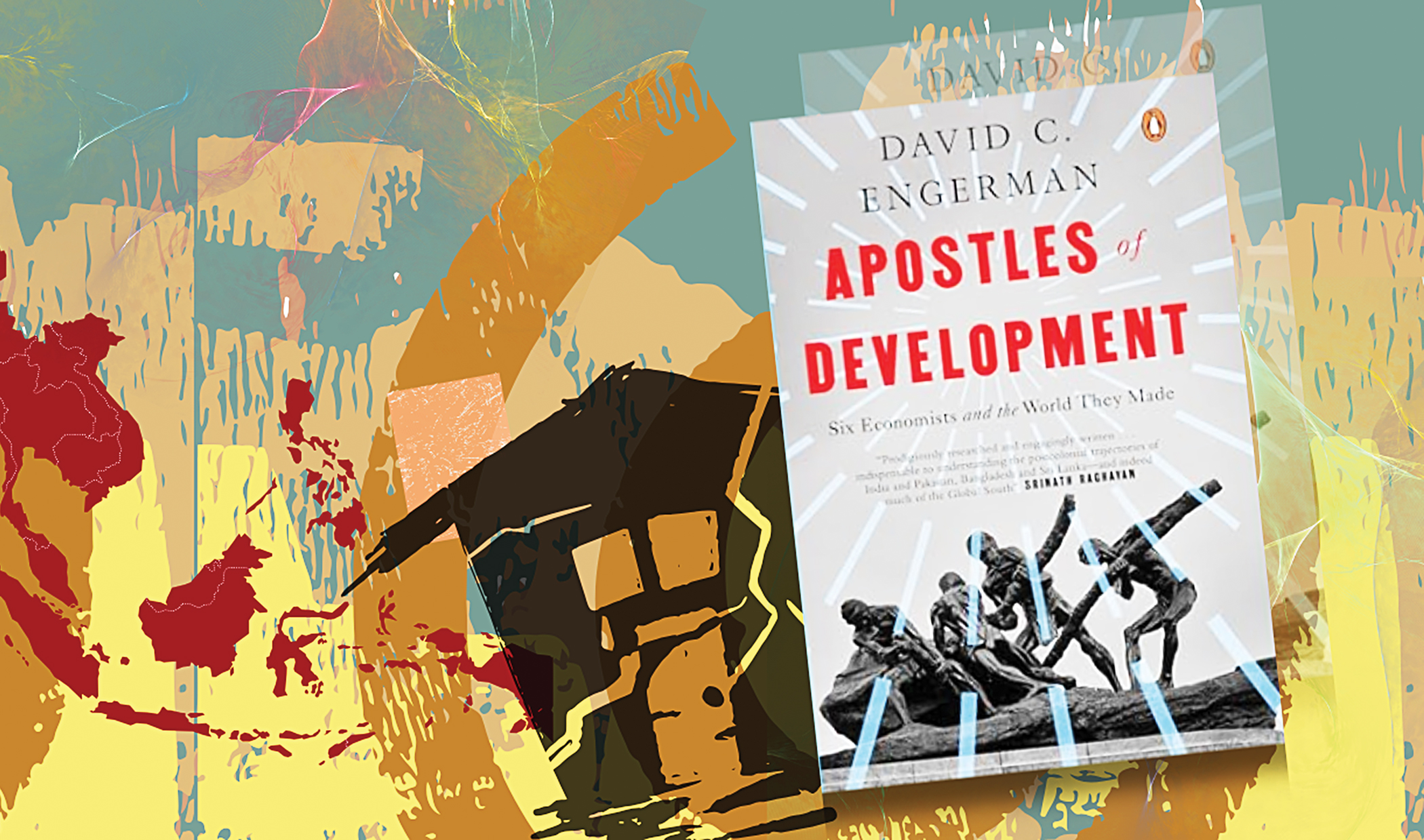Between expectations and choice

Translation is a bridge to connect different cultures and their literatures. It's a medium to reflect the gems of a country's literature around the globe. We have known Jhumpa Lahiri as a writer, but she has also done translations in her literary career. She shares her lesser-known avatar as a translator in Translating Myself and Others. It is a collection of essays that is as much about the art of translation as it is about Lahiri's journey as a translator. She introduces this book by clarifying why she adopts and starts writing in Italian at the age of 40, already having achieved success in the realm of English Literature. Unfortunately, and eventually, Lahiri realises that pursuing a language for the sake of love is not a widely accepted phenomenon. Nonetheless, in her essays, she addresses her passion for language, along with the challenges of being a translator and the rejections she faces as a writer in Italian.
Lahiri chooses a less trodden path as a writer and translator. She began her writing career in the English language. At 40, she learned Italian and translated Italian literary pieces into English. Eventually, as she became comfortable with Italian, Lahiri started writing original pieces in that language. In due course, she self-translated her Italian works into English. Lahiri mentions that her comfort in working with different languages stems from growing up in a bilingual household, where she learned both English and Bangla as a child. Thus, she always identifies herself first as a translator and then as a writer. During her undergraduate studies, she translated Bengali literary works into English. Additionally, Lahiri mentions other writers—Italo Calvino, Domenico Starnone, and Antonio Gramsci—whose works have influenced Lahiri into writing in Italian.
Innocuously, Lahiri shares her first memory of facing a translator's dilemma while making a Mother's Day card for a school project. She expresses her confusion about addressing her mother in the card: "'Dear Mom, happy Mother's Day.' This part of the project stymied me, given that my mother was not 'Mom' but 'Ma'." The dilemma arises because she does not want to appear as an outcast at her school by being the only one to call her mother "Ma". At the same time, she does not want to offend her mother by writing "Mom", as Lahiri has always called her "Ma". From this anecdote, Lahiri highlights the plight that translators face regarding choices. The act of choosing becomes a burden as translators try to strike a balance between the cultural context of the readers of the translated text and the accuracy of the original text.
On the other hand, in addressing various complaints from readers against a translator, Lahiri points out the heightened expectation placed on a translator to maintain the essence of the original text. As a translator herself, Lahiri explains the challenges and crossroads she faces, and the choices she makes as a translator in choosing any word, keeping well in mind the shortcomings and the unfortunate loss that a novel undergoes under translation: "Translation is about choosing, at times wisely, at times reluctantly, always with lingering misgivings". I resonate the most with this statement. During my undergraduate studies, I took a translation course, where we were assigned to translate a text in each class. During the class discussion, we would suggest different ways of translating the same sentences, especially when an exact equivalent translation for a word is not available in another language. In her essay, Lahiri discusses this shortcoming. She mentions that in such cases, translators need to opt for a creative expression to convey the closest equivalence, to capture the essence of the original word or expression chosen by the author.
Ultimately, I expected this book to be more autobiographical. But, while this book contains snapshots of Lahiri's life, the essays are more theoretical than anecdotal. She focuses on the technicalities of translation. Thus, the language is formal and includes linguistic terminology, which forces you to slow down. For instance, in Chapter 5, Lahiri compares the translation of Aristotle's Poetics—originally written in Ancient Greek—by Ingram Bywater and by S. H. Butcher.
Furthermore, Lahiri provides insight into being a self-translator. She mentions that the rules and high expectations that exist while translating other writers become non-existent while translating oneself. As the writer of the original text, Lahiri has the power to set the standard while self-translating. Fortunately, this rule is universally recognised and respected by readers. As a result, readers graciously accept the self-translated adaptation.
Ultimately, I expected this book to be more autobiographical. But, while this book contains snapshots of Lahiri's life, the essays are more theoretical than anecdotal. She focuses on the technicalities of translation. Thus, the language is formal and includes linguistic terminology, which forces you to slow down. For instance, in Chapter 5, Lahiri compares the translation of Aristotle's Poetics—originally written in Ancient Greek—by Ingram Bywater and by S. H Butcher. She provides observations and analysis of the different auxiliary words chosen by each translator. Besides, in addition to English, Bangla, and Italian, Lahiri also learned Ancient Greek and Latin. Thus, she dives deeply into the genealogy of many Italian words, as they have their origins in Latin. This shows why Lahiri is naturally inclined towards Italian and found the language easy to grasp. In a nutshell, this book will be helpful for novice translators or language enthusiasts, who will find inspiration and guidance in her essays.
Tahmina Hossain is first and foremost a reader, a lover of literature, and then a writer. If you enjoy rambling about literature like her, then reach out at literary.ramblings.by.t@gmail.com.



 For all latest news, follow The Daily Star's Google News channel.
For all latest news, follow The Daily Star's Google News channel. 
Comments